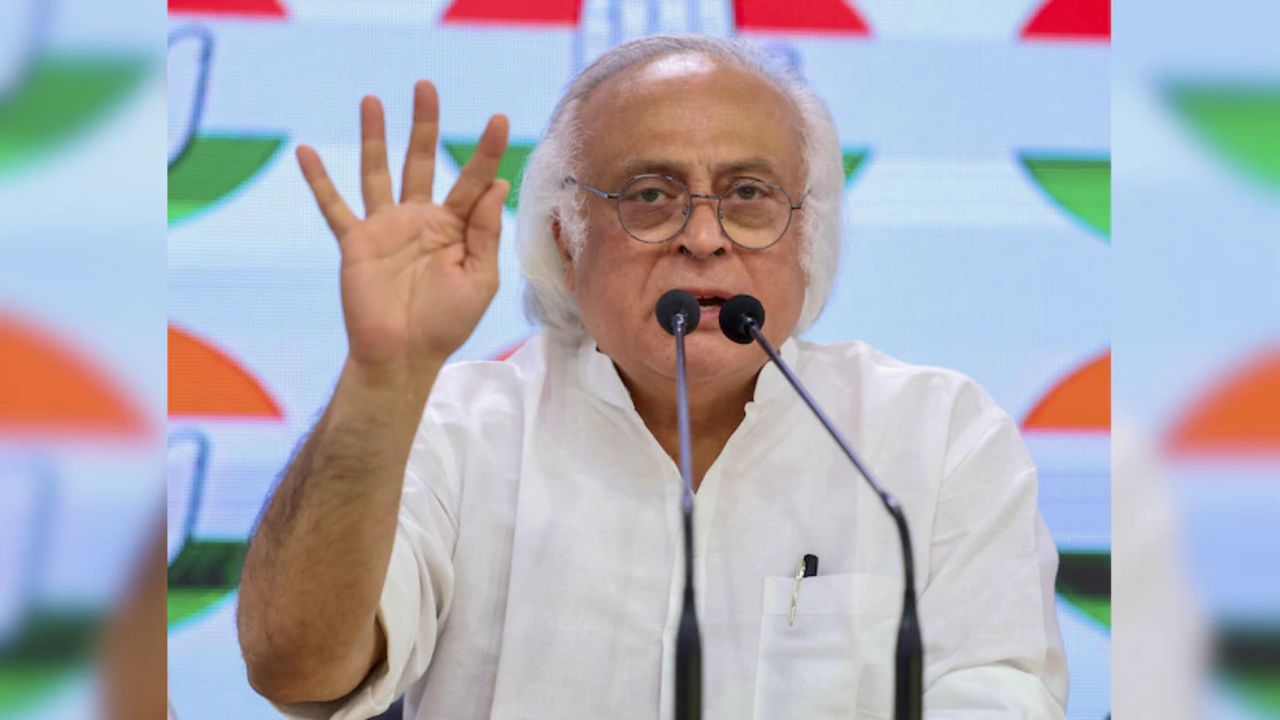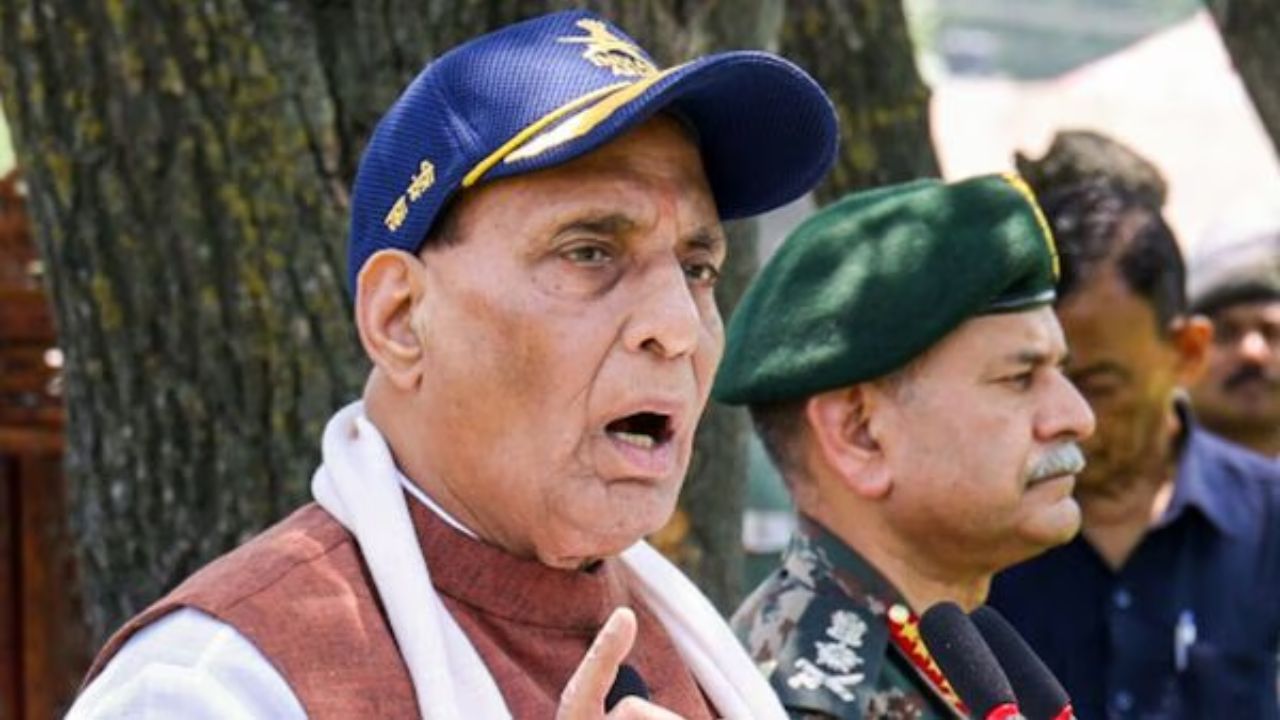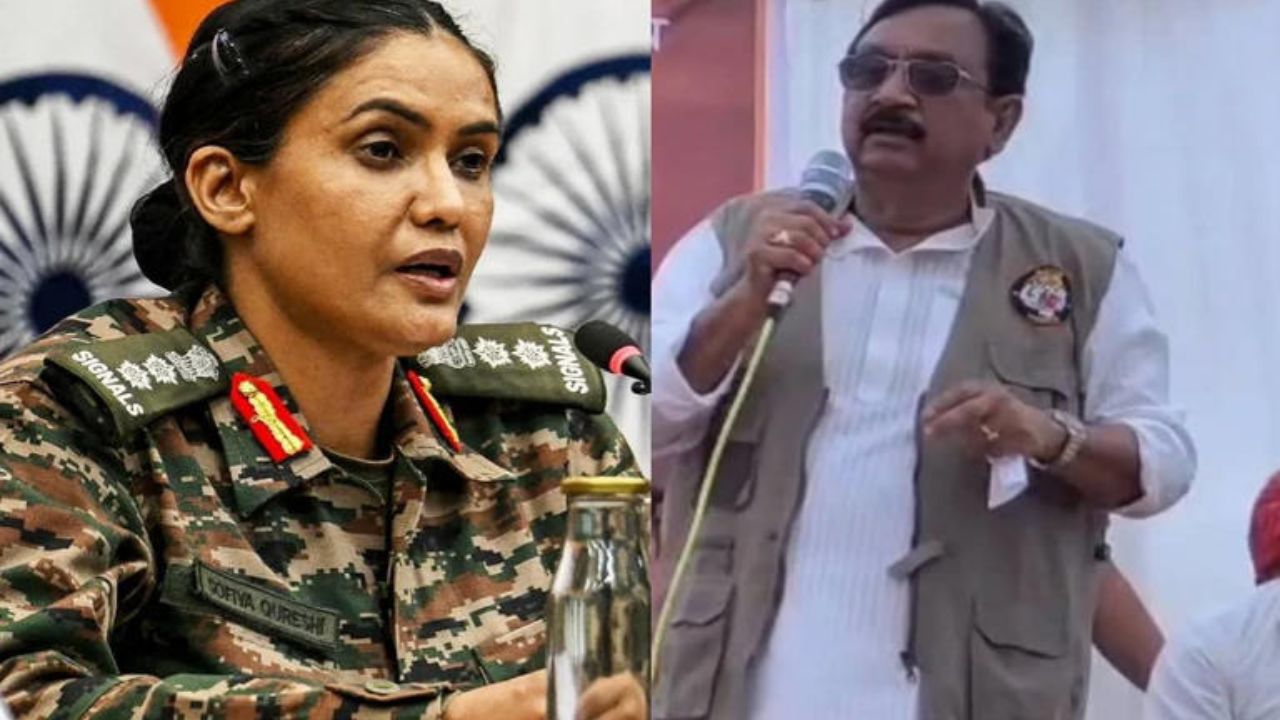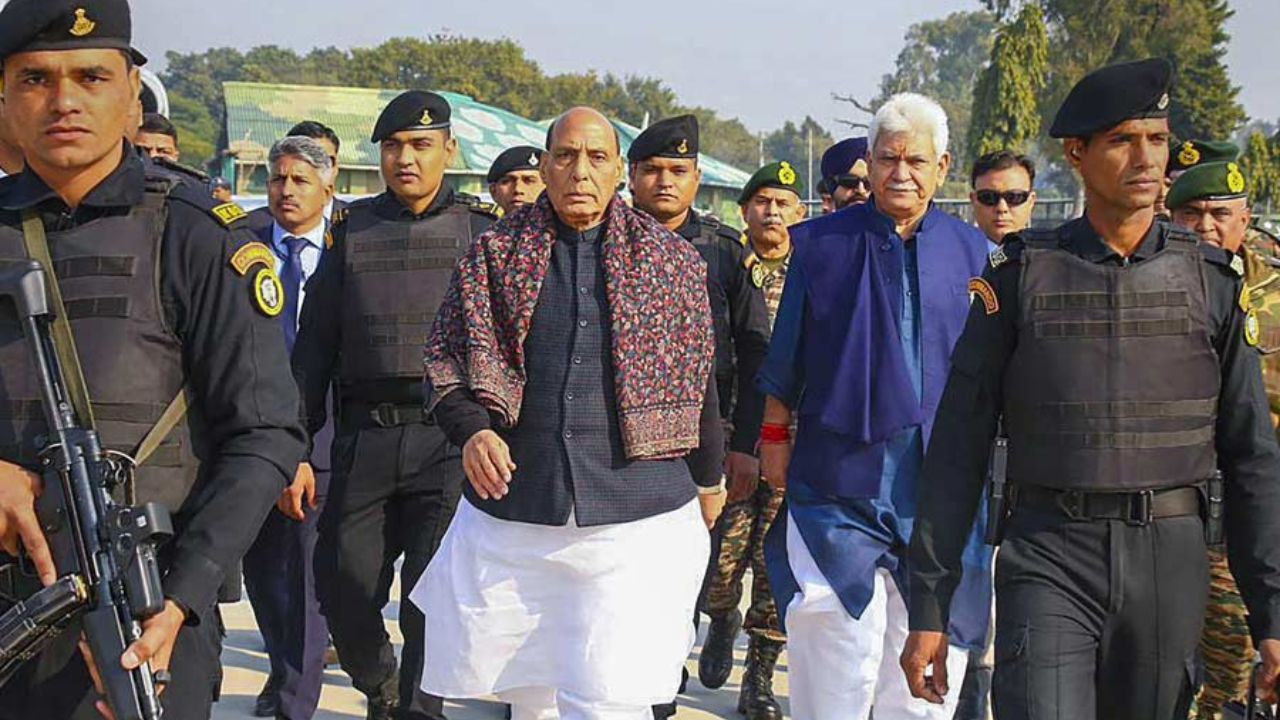Why BJP’s Education Reservation Policy in Odisha Poses a Political Test for BJD’s Social Justice Agenda
Odisha BJP Govt’s Education Quota Move Puts Caste Politics in Spotlight, Challenges BJD’s Social Justice Pitch The BJP-led Odisha government’s decision to introduce 11.25% reservation for Socially and Educationally Backward Classes (SEBC) in state-run higher educational

Odisha BJP Govt’s Education Quota Move Puts Caste Politics in Spotlight, Challenges BJD’s Social Justice Pitch
The BJP-led Odisha government’s decision to introduce 11.25% reservation for Socially and Educationally Backward Classes (SEBC) in state-run higher educational institutions has reignited caste politics in the state and put the Opposition BJD on the defensive.
Two weeks after the Centre announced plans to enumerate castes in the upcoming Census, Chief Minister Mohan Charan Majhi’s Cabinet cleared a proposal to extend 11.25% quota to 231 OBC groups in higher education. While OBCs in Odisha have had a similar quota in public sector recruitment, this marks the first time such a reservation is being introduced in education.
Odisha Higher Education Minister Suryabanshi Suraj called it a step towards social justice long overdue. “The Constitution guarantees rights to backward classes, but they remained unimplemented for years. This 11.25% reservation honours those rights while keeping caste-based quotas within the 50% cap mandated by the Supreme Court,” he said.
The state already provides 16.25% and 22.5% reservation for SC and ST communities respectively.
The move appears to be part of the BJP’s effort to counter the Opposition’s growing focus on OBC rights. The Naveen Patnaik-led BJD, which lost power last year after a 24-year reign, has been trying to rally OBC support as part of its political resurgence. BJD leaders have demanded a 27% quota for OBCs in education and a comprehensive caste survey.
During the last Assembly session in March, BJD MLAs staged a protest demanding enhanced OBC reservation and a statewide caste count. Reacting to the Majhi government’s latest decision, BJD OBC cell chairman Arun Kumar Sahoo dismissed the move as “partial reservation,” pointing out it excludes professional courses such as medical, engineering, and technical education.
“The government is offering quota in courses where seats remain vacant every year. We demand it in medical and engineering courses as well. If they can’t do that, they shouldn’t claim credit for this,” Sahoo said.
Congress leader and former Union Minister Srikant Jena called the BJP government’s decision a “cruel joke,” arguing that while projected as a historic step, it offers little real benefit to OBC students, who make up 54% of Odisha’s population according to unofficial estimates.
The BJP, however, defended the policy as a landmark initiative and announced plans for mass outreach campaigns to publicize the move and expose, in its words, “the BJD’s track record of depriving backward classes of their rights.”
A History of OBC Reservation Battles
Odisha’s OBC reservation debate has a long history. Ahead of the 2009 Assembly elections, the BJD passed the Orissa Reservation of Posts and Services (for SEBC) Act, 2008, proposing 27% reservation in government jobs. The legislation was later struck down by the State Administrative Tribunal in 2013 for breaching the Supreme Court’s 50% cap. The Orissa High Court upheld the verdict, and the quota was reduced to 11.25% in jobs, with no provision for education.
Since 2020, the BJD has increasingly championed social justice issues, with its MPs meeting Union Home Minister Amit Shah in 2021 to demand a caste census. The Patnaik government also tasked the Odisha State Commission for Backward Classes (OSCBC) in 2023 with surveying the socio-economic conditions of OBCs — though the findings remain unreleased.
Interestingly, Union Education Minister Dharmendra Pradhan, a key Odisha BJP leader, had himself urged CM Patnaik in 2019 and 2020 to implement a 27% OBC quota in education and employment.
Now, with the BJP government’s latest move and the BJD sharpening its own campaign, caste politics — historically a muted factor in Odisha — seems poised to become a significant electoral issue ahead of future polls.





